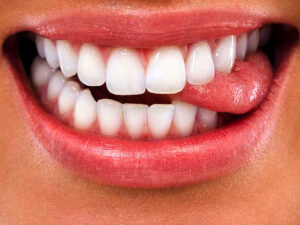Pit and fissure sealants are a type of dental treatment used to prevent tooth decay, particularly in the chewing surfaces of molars and premolars. These surfaces often have pits and fissures that are difficult to clean thoroughly with regular brushing, making them more susceptible to decay.
Here’s how pit and fissure sealants work and why they’re used:
Application: The sealant material is a thin, plastic coating that is applied to the chewing surfaces of the back teeth. Before application, the teeth are thoroughly cleaned and dried to ensure proper adhesion of the sealant.
Sealing: Once the tooth is prepared, the sealant material is painted onto the pits and fissures of the tooth surface. It then bonds to the enamel of the tooth, forming a protective barrier that prevents food particles and bacteria from accumulating in these vulnerable areas.
Protection: The sealant effectively seals off the deep grooves and crevices on the tooth’s surface, making it easier to clean and less susceptible to decay. By preventing the buildup of plaque and food debris, sealants help to reduce the risk of cavities developing in these areas.
Longevity: Sealants can last for several years with proper care and maintenance. However, they may need to be checked periodically by a dentist and reapplied if necessary to ensure continued protection.
Benefits: Pit and fissure sealants offer several benefits, including:
Preventing cavities: By creating a barrier against decay-causing bacteria and food particles, sealants help to reduce the risk of cavities.
Non-invasive: Sealant application is a quick and painless procedure that typically does not require any anesthesia.
Cost-effective: Investing in sealants can help prevent the need for more extensive and costly dental treatments, such as fillings or crowns, in the future.
Overall, pit and fissure sealants are a valuable preventive measure in dental care, particularly for children and adolescents who may be at higher risk of developing cavities in their permanent molars and premolars. However, they can also be beneficial for adults who have deep grooves and fissures in their teeth that are difficult to clean effectively.




